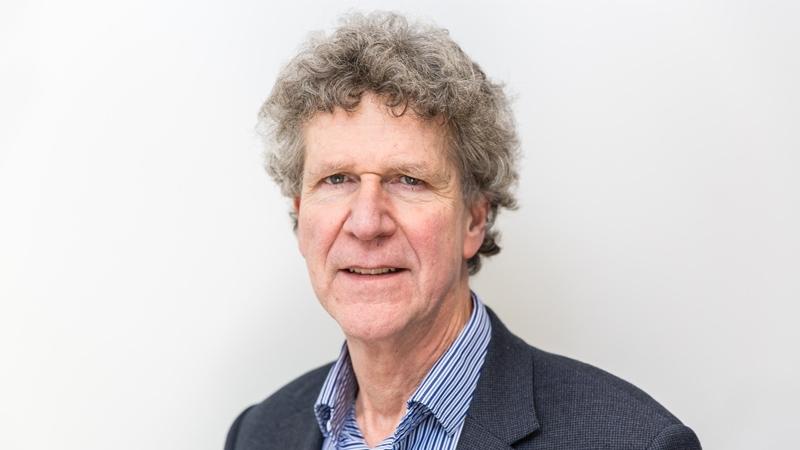Steven Barnett, Professor of Communications, was interviewed by BBC News about how BBC rules on impartiality following the row over sports presenter Gary Lineker’s criticism of the government’s Illegal Migration Bill on Twitter.

Lineker was suspended by the BBC after he likened the government’s language to that used by Germany in the 1930s. Many fellow sports presenters and journalists announced they would be stepping back from their duties in solidarity with him until the situation was resolved. The BBC’s usual football programmes, including its flagship show Match of the Day, were severely affected.
Speaking about the BBC’s handling of the situation, Professor Barnett said: “It’s a blow up of the BBC’s own making, I’m afraid.”
He named several BBC stars who had faced no action for their apparent breaches of impartiality over the past few years and continued: “In my view, there needs to be a lot more discretion for free speech outside of news coverage. In the entertainment field, there has always been discretion for BBC presenters to share their views, and that’s the way to go.”
Professor Barnett also drew attention to the difficult position of the BBC’s chairman Richard Sharp, currently embroiled in a row about his role in securing a loan for then Prime Minister Boris Johnson: “This is now a big question mark over the whole of the BBC’s commitment to impartiality and output. I think if he [Richard Sharp] can go, there can then be a calm discussion about how these social media rules apply, who they apply to, why they’ve been applied to Gary Lineker in this case… and let the BBC think about the way it wants to implement its own guidelines.
Professor Barnett provided his thoughts on the impartiality row in this BBC article and in a live interview on the BBC News Channel.


